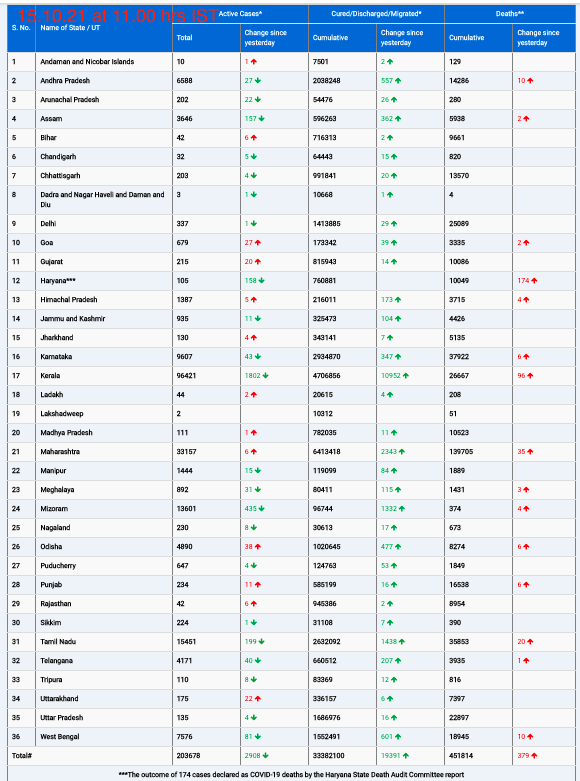A new study, led by researchers at the University of Bath in the UK, raises significant concerns over the growing financial dependence of patient organizations on pharmaceutical companies, warning that this funding model could risk compromising their independence. The research, which focuses on patient groups in Poland, emphasizes the need for strict safeguards to ensure that these organizations remain true to their mission of serving the interests of patients, rather than corporate agendas.
Dr. Piotr Ozieranski, lead researcher and expert in health policy transparency, explained that patient organizations, which play an essential role in raising disease awareness and supporting patients, have increasingly turned to pharmaceutical companies for financial support. This trend comes at a time when government funding for these groups has dwindled and health sector funding continues to shrink across Europe and North America.
“Pharmaceutical companies are eager to fund patient groups, but this often comes with strings attached,” Dr. Ozieranski cautioned. “These same companies produce drugs for the very patients these organizations are supposed to support. Over time, this can lead to conflicts of interest that are not always immediately apparent.”
A Hidden Conflict of Interest
While the financial ties between drug companies and patient organizations may seem innocuous at first, the research suggests that these relationships deepen over time. Pharmaceutical companies often work closely with patient groups on joint projects, conferences, and policy initiatives, creating an environment where patient groups may align their goals with those of the funders. This can erode the objectivity of organizations that should ideally advocate solely for their members’ interests, which may not always coincide with the interests of drug manufacturers.
“Patient groups should represent the interests of patients, caregivers, and families, not the product manufacturers,” Dr. Ozieranski said. “When these organizations become too reliant on industry funding, it raises questions about their ability to act independently.”
The study, published in the International Journal of Social Determinants of Health and Health Services, highlights the situation in Poland, where patient organizations are increasingly dependent on pharmaceutical company funding. However, the researchers argue that this issue is not limited to Poland but is a global trend that requires urgent attention.
Proposed Solutions to Safeguard Independence
To protect the integrity of patient groups, the researchers propose several strategies. One key recommendation is to create a central, shared pool of funding that would be supported by all pharmaceutical companies. This fund, managed by an independent body, would ensure that patient organizations are not overly reliant on a single donor, allowing for greater impartiality in their activities.
The study also advocates for the Polish model, where taxpayers are invited to allocate a portion of their income tax (1.5%) to a specific patient organization. Organizations must adhere to strict transparency rules to qualify for this funding, ensuring that the financial support they receive is properly reported.
Furthermore, the researchers urge patient organizations to explore alternative funding sources, gradually reducing their reliance on pharmaceutical companies. While it may be difficult for some organizations to sever ties with industry entirely, taking incremental steps toward diversification can help protect their independence.
Calls for Greater Transparency
Dr. Marta Makowska, co-author of the study, highlighted the lack of transparency in the disclosure of industry payments to patient organizations. Currently, there is no centralized database tracking these payments, and companies are often left to disclose their financial relationships with patient groups on their own terms. Dr. Makowska calls for governments to establish mandatory, state-run databases that would collect and report all payments to patient organizations, doctors, and hospitals.
“The absence of a central database means that companies are essentially marking their own homework, which undermines transparency,” Dr. Makowska explained. “We need a system that ensures accurate and consistent reporting of financial ties, so the public and the organizations themselves can scrutinize these relationships.”
Dr. Shai Mulinari, another collaborator in the study, echoed this concern, emphasizing the burdensome task that researchers currently face in attempting to compile these payment records from separate reports issued by individual pharmaceutical companies. He stressed that this responsibility should fall to the companies themselves, rather than relying on public or academic efforts.
A Call for Action
With patient organizations playing a critical role in shaping health policy and supporting individuals with chronic diseases, the researchers believe that ensuring their financial independence is essential for maintaining their credibility and trustworthiness. Without safeguards in place, the risk of corporate influence could undermine the very mission these organizations were created to support.
As Dr. Ozieranski concluded, “The independence of patient organizations is not just a matter of financial security; it’s about ensuring that they continue to advocate for the best interests of patients, not for pharmaceutical companies’ profits.”
For more information, refer to the study published in the International Journal of Social Determinants of Health and Health Services: Marta Makowska et al, Pharmaceutical Industry Payments to Patient Organizations in Poland: Analysis of the Patterns, Evolution, and Structure of Connections, DOI: 10.1177/27551938241305995.












